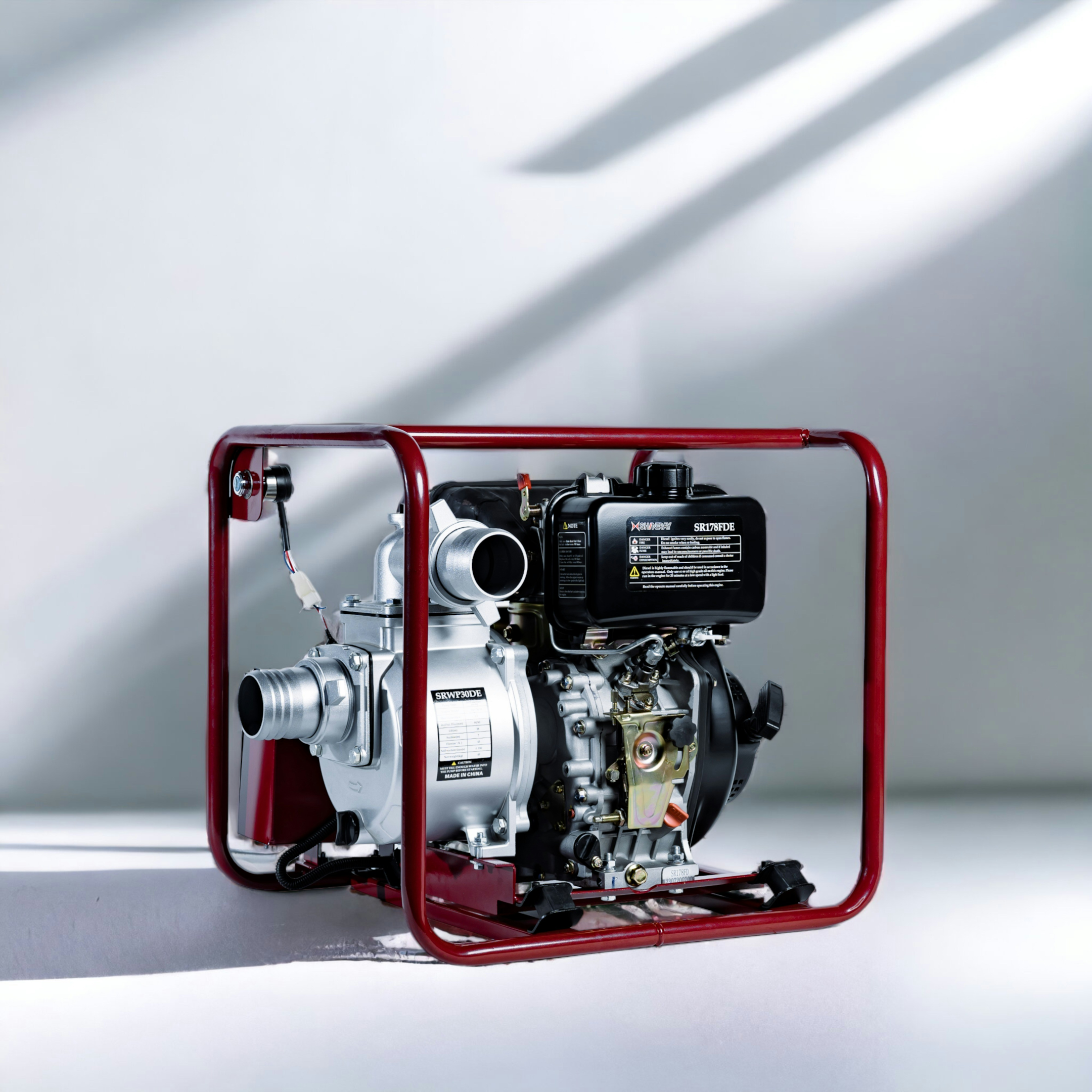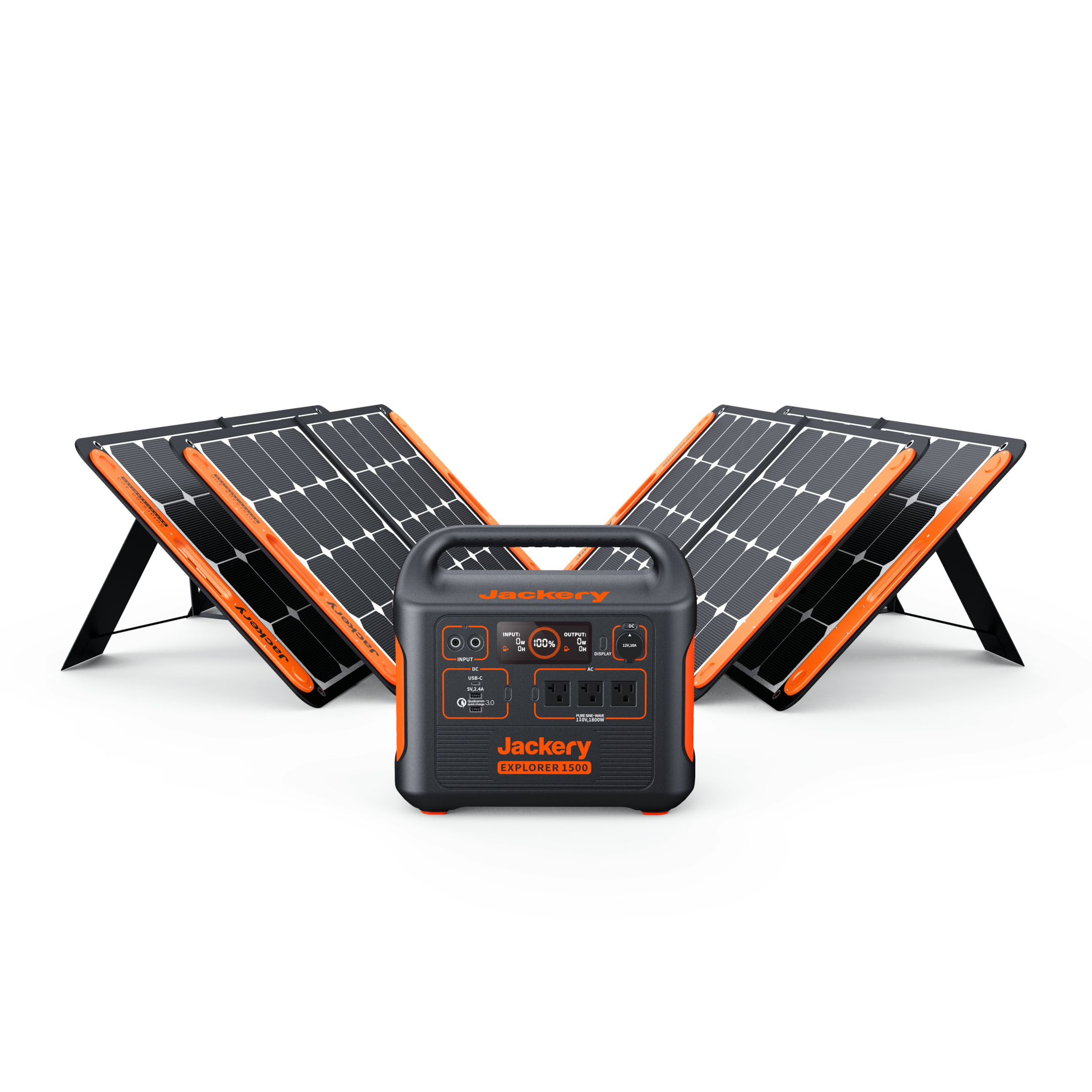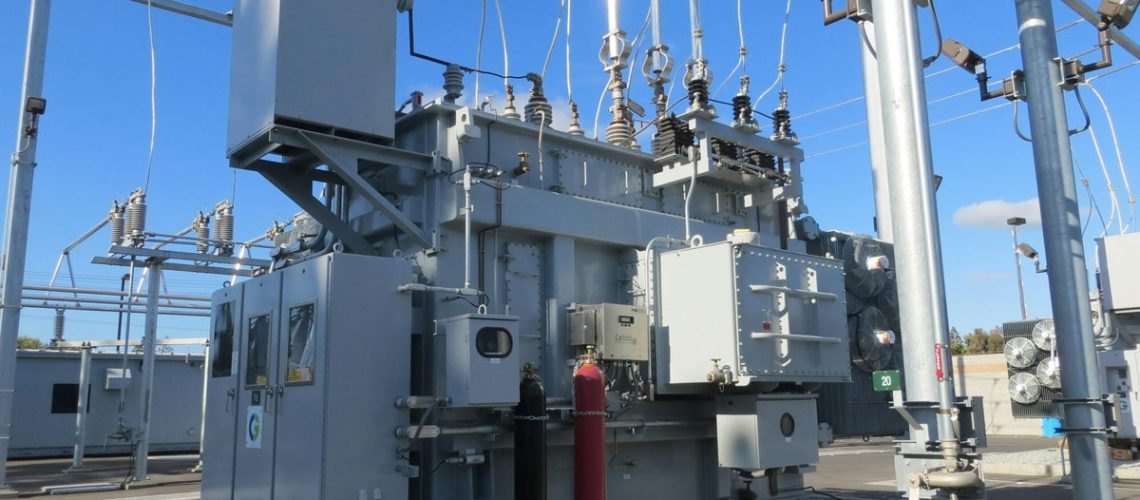Power outages can strike unexpectedly, disrupting business operations and causing financial losses. For commercial establishments, especially in areas prone to outages, having a robust emergency backup power system is not just an option – it’s a necessity. In this article, we’ll delve into the crucial role of backup power systems, exploring the various options available and why businesses should prioritize their implementation.
The Imperative of Backup Power Systems for Businesses
Power outages can occur due to various reasons, from severe weather conditions to technical faults in the grid. In these situations, businesses must continue to operate to prevent losses. Enter backup power systems.
Understanding Backup Power Systems
Backup power systems are designed to provide electricity when the primary power source fails. Among the various options available, generators stand out as reliable solutions for commercial establishments.

Generators: A Lifeline for Businesses
Generators, fueled by natural gas, liquid propane, or even dual-fuel systems, ensure businesses have a continuous power supply during outages. These versatile systems can be connected directly to a home’s electrical panel through a transfer switch, ensuring a seamless transition from the main power source to the backup generator.
Powering Critical Circuits
During an outage, it’s essential to identify and prioritize critical circuits that need power. Backup power systems equipped with transfer switches can be customized to provide electricity to specific circuits, keeping crucial operations running smoothly.

Stored Electricity for Extended Outages
Beyond traditional fuel-powered generators, businesses can explore renewable energy sources like solar panels and batteries. These systems not only store energy and electricity but also contribute to sustainable practices.
Data Centers: A Specialized Need
For businesses heavily reliant on technology, such as data centers, having a reliable power backup system is paramount. Generators specifically designed for data centers can provide power in an uninterrupted supply, ensuring data integrity and operational continuity.
Dual Fuel for Even More Reliability
Dual-fuel generators run on both natural gas and liquid propane, offering flexibility and extended runtime during extended outages. This redundancy ensures even more power for businesses when one fuel source is unavailable.
Enhancing Safety with Transfer Switches
A transfer switch is a crucial component in a backup power system. It isolates the generator from the main power supply, preventing backfeeding and ensuring the safety of both the utility workers and the generator system.
Request Extra Power
In certain situations, businesses may need more power than what a standard generator provides. In such cases, it’s possible to connect multiple generators to meet the increased power demand.
Conclusion
In conclusion, businesses in areas prone to power outages cannot afford to overlook the importance of backup power systems. Whether through traditional generators, renewable energy sources, or a combination of both, having a reliable emergency power system is an investment in business continuity and peace of mind. By understanding the options available and tailoring them to specific needs, businesses can ensure they remain operational even when the lights go out.
This comprehensive guide emphasizes the significance of backup power systems and provides businesses with the insights they need to make informed decisions about ensuring continuous operations during power outages.

